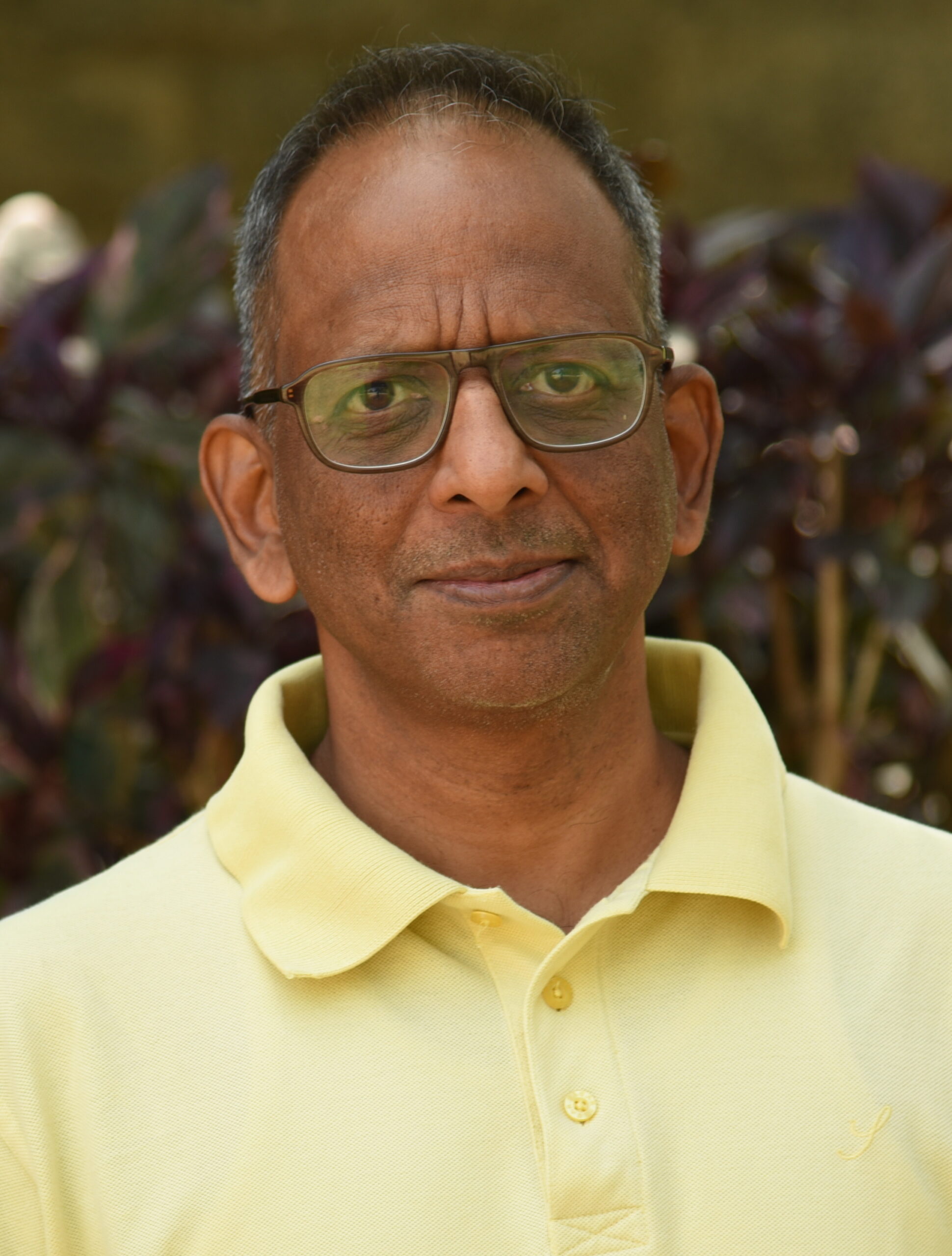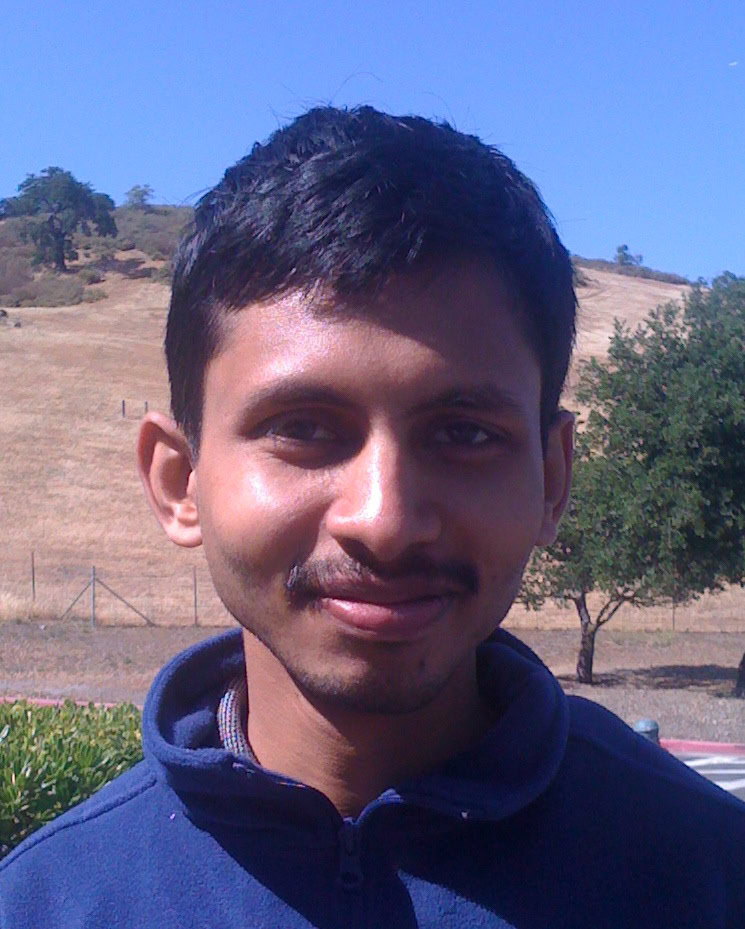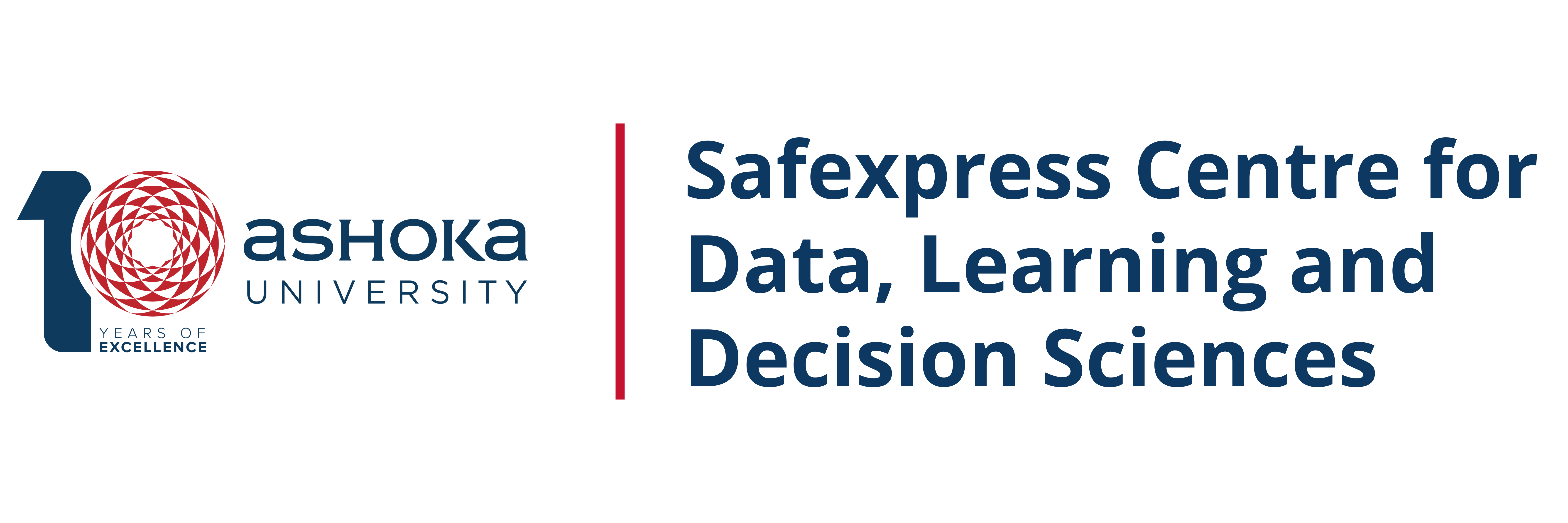
From classical randomized to quantum computation
Jaikumar Radhakrishnan
Distinguished Professor
International Centre for Theoretical Sciences (ICTS-TIFR), Bengaluru
Abstract: We will introduce classical deterministic computation as processing information stored in the form of bits and acted upon by logical gates. Using this model we will describe how simple tasks are performed on the computer. We will introduce elements in our circuits whose actions are random and modelled by specifying probabilities, and study the resulting model of randomized computation using linear algebraic notation and terminology, analogous to the ones used in quantum computation. We will study the circuit framework for quantum computation and note where it is similar and fundamentally different from classical randomized computation. We will illustrate the power of quantum computation by describing quantum algorithms, games and protocols that appear to outperform their classical counterparts. We will not expect prior familiarity with quantum physics or computer science. Our discussion will be accessible to anyone comfortable with algebra and probability at the level of first-year undergraduate courses.
Bio: Jaikumar Radhakrishnan is a theoretical computer scientist with research interests in complexity theory, randomness and computation, quantum information and computation, combinatorics, and information theory. Radhakrishnan obtained his BTech in Computer Science and Engineering from IIT Kharagpur in 1985, and his PhD in Computer Science from Rutgers University, NJ, USA, in 1991. He joined the Tata Institute of Fundamental Research in 1991; in 2024 he moved to the International Centre for Theoretical Sciences (ICTS-TIFR), Bengaluru.

Introduction to causal inference
Piyush Srivastava
Associate Professor
School of Technology and Computer Science, Tata Institute of Fundamental Research
Abstract: Observations show a correlation between whether an individual smokes and whether they develop lung disease. But how does not formally establish that this implies that smoking can “cause” lung disease? We will discuss how questions like this have been formalized in statistics, especially using the language of probabilistic graphical models. If time permits, we will also discuss some open questions regarding the computational aspects of these formalizations.
Bio: Piyush Srivastava is a faculty member at the School of Technology and Computer Science (STCS), Tata Institute of Fundamental Research (TIFR). His research broadly explores the application of probabilistic methods in computer science. Before joining TIFR, he earned his undergraduate degree from IIT Kanpur, followed by graduate studies at UC Berkeley. He also worked as a postdoctoral scholar at Caltech.




